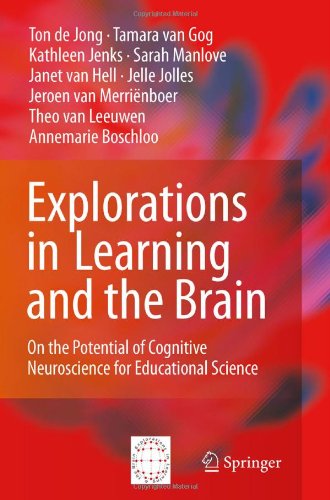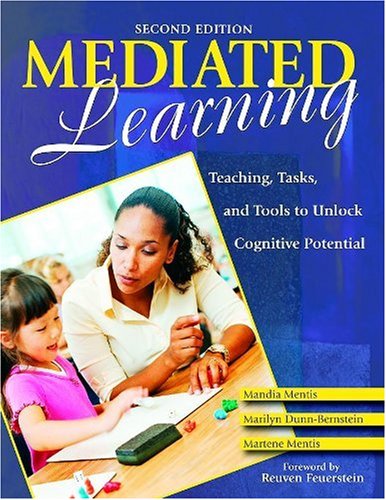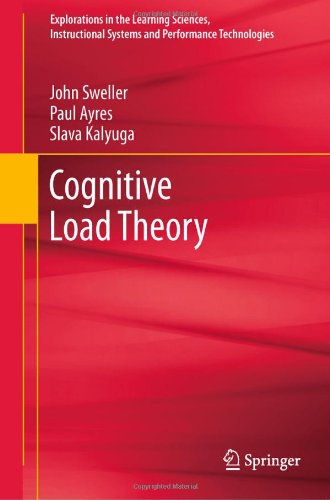Explorations in Learning and the Brain: On the Potential of Cognitive Neuroscience for Educational Science Review

The past decade has witnessed efforts on the part of research, education and policy communities to create a dialogue about the potential relationship between cognitive neuroscience and the science and practice of education. The upsurge of interest in neuroscience in general has given rise to increased attention to the role of the brain in learning. However, much of the debate has been dominated by extremes. Explorations in Learning and the Brain takes a different stance in the sense that developments within neuroscience are not the starting point but rather uses major questions dominant in educational research, notably instructional systems design and related fields within the educational sciences, as its basis. The book identifies interfaces between neuro-scientific and educational research, and informs on potentially interesting additions to educational research and viable interdisciplinary ventures.



